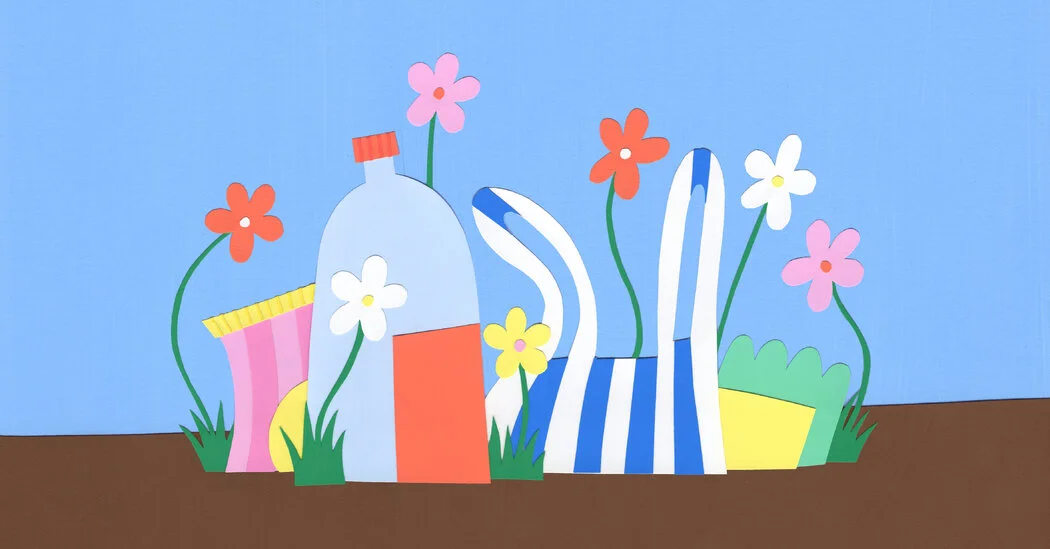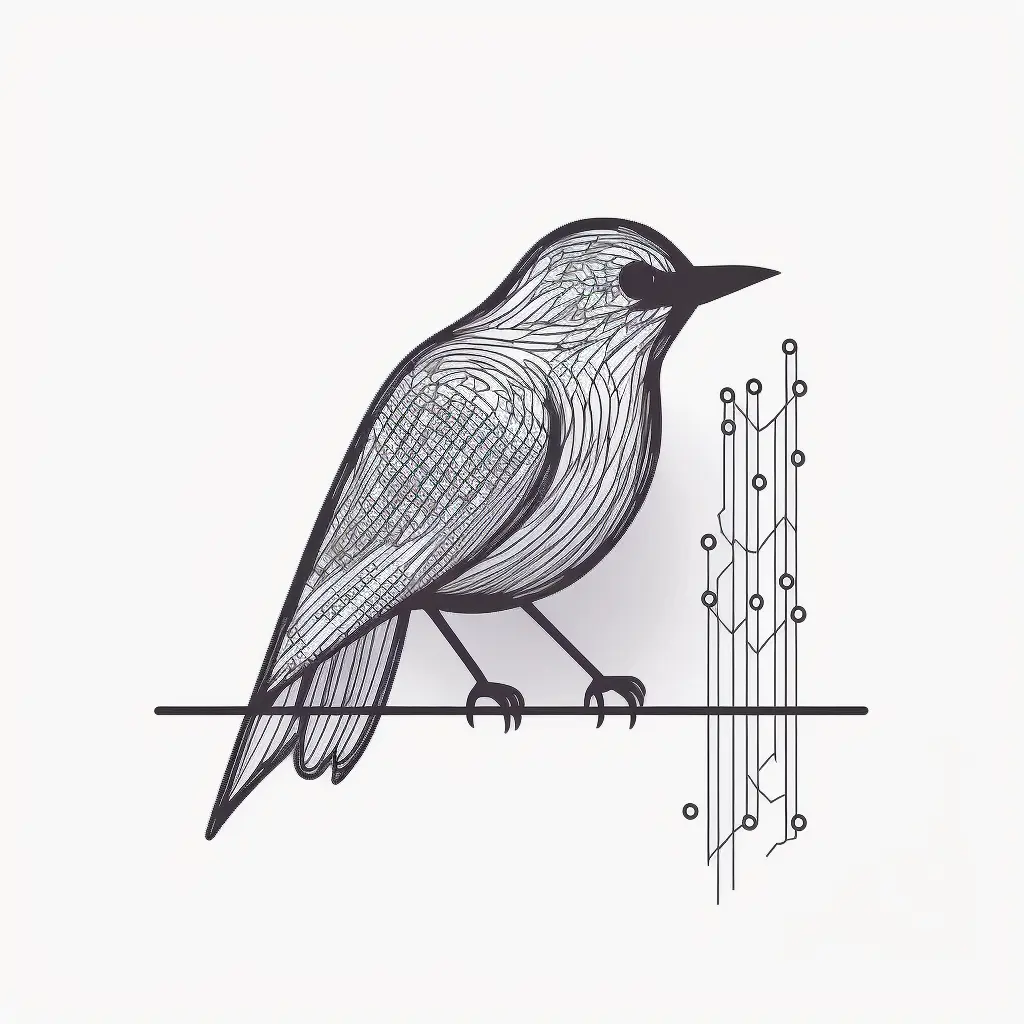But there’s a big catch: Just because your plastic fork, cup or doggy poop bag is marketed as biodegradable, that doesn’t necessarily mean it’ll break down in the environment. The same goes for so-called compostable plastic.
I received a biodegradable plastic cup with my meal once.
When we returned home, we put it in the composter so it could bio degrade.
It then spent years cycling through the composter. Every time it came out the back end we’d stick it back in the front to cycle through again in hopes it would bio degrade. It did not. It was as pristine when we gave up the endeavor and threw it in the garbage as it had been at the beginning.
A lot of them compost only in commercial facilities, and not in standard home compost piles.
I am suspicious. I feel like if this plastic cup I got was exposed to exactly its favorite conditions (which are conveniently difficult to achieve), it still wouldn’t biodegrade (or, worse, would disintegrate into a little pile of microplastics while the manufacturer declared that that meant it was biodegrading).
I have no expertise at all and I’m basically talking purely out of my ass, so maybe I shouldn’t offer any opinion. But the history of plastic recycling makes me cynical about it.
Definitely a lot of reasons to be cynical, and I can’t say for sure what your cup was made of, but some of the more common ones (PBS, PLA) simply won’t break down in home composting, but do in fact break down in industrial composting facilities where the temperature is above 50°C
Yeah, fair enough. Like I say, I don’t really know.
I have some supposedly compostable bags, but I can’t seem to find anything on the package that tells me what type they are. Any clue how I might figure that out?
Looks like they’ve changed the packaging since I last ordered, but here’s one: https://www.amazon.com/dp/B08JHR635J
Per the packaging:
plant starches
And they list a bunch of compostability certifications which suggest that this is ok in home compost piles, which makes it likely to be true if they actually have those certifications.



